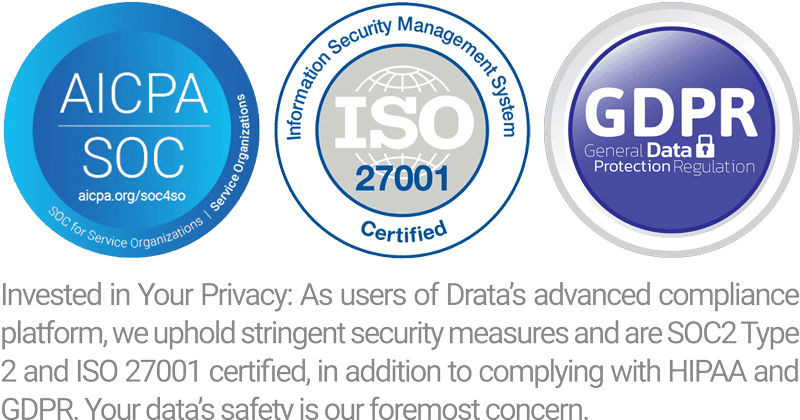When Marketing Automation Won’t Work
 Lead generation. Lead nurturing. Sales pipeline management. These are all benefits of implementing a marketing automation system for lead management purposes. But the grass is not always greener if your company is not prepared to fully leverage the strength of a marketing automation platform. Though marketing automation has proven over the past five years to be an effective tool at shortening buying cycles, providing more qualified leads, and improving sales conversions, investing in marketing automation does not always provide the returns managers expect. It’s important to understand when marketing automation won’t work. There are a few reasons for this:
Lead generation. Lead nurturing. Sales pipeline management. These are all benefits of implementing a marketing automation system for lead management purposes. But the grass is not always greener if your company is not prepared to fully leverage the strength of a marketing automation platform. Though marketing automation has proven over the past five years to be an effective tool at shortening buying cycles, providing more qualified leads, and improving sales conversions, investing in marketing automation does not always provide the returns managers expect. It’s important to understand when marketing automation won’t work. There are a few reasons for this:
Don’t Have a Long-Term View
In the “every-minute-counts” world that digital connectivity provides, it is important to remember that marketing is a long-term endeavor. That said, companies that are looking for an immediate fix of poor marketing results through a marketing automation platform may be disappointed. Marketing automation is intended to reduce marketing costs and increase results – over the mid to long-term. Successful implementation takes patience, despite the statistics that show shortened buying cycles.
Don’t Have a Marketing Strategy
Integrating a marketing automation platform will not be effective if your company has not invested time into marketing strategy development. While an marketing automation system may provide decent lead generation capabilities with little planning, the broader functionality that makes an marketing automation system effective requires thoughtful analysis of what messages you want to deliver to prospects over time, when and how leads will be distributed to your salespeople, and what metrics will be used to evaluate performance. Without careful strategic planning a marketing automation platform will often provide limited effectiveness.
Don’t Have an Evaluation Process
Most marketing automation platforms provide analytics for evaluation purposes. The key to an effective marketing automation integration is having the ability to analyze results and make modifications to your marketing strategy. Not every message will resonate with your leads, and developing effective lead generation and nurturing tactics requires adjustments. Your marketing model should not be cast in stone. Therefore, companies without an adequate campaign evaluation process may find that marketing automation is not beneficial.
Don’t have a Qualified Database
Marketers that start out by injecting unqualified leads into a marketing automation system will likely struggle to see a healthy ROI. Although one of the primary functions of an marketing automation system is lead generation and nurturing into sales-ready prospects, the initial integration phase will present poor results if your database is filled with one-off contacts and stale lists.
Marketing automation has been shown* to
- Increase qualified leads by 451%
- Generate 50% more sales-ready leads
- Nurture leads at 33% lower cost
- Increase conversion rates by 50%
While marketing automation has been shown to drive revenue faster and manage leads more effectively, this tool is not suited for every company at every stage of the business life cycle. The most effective use of the Lead Management automation platform has been shown by companies with revenues over $5 million. If you’re interested in exploring an marketing automation system for your company, be sure to first determine if your company is prepared to take full advantage of this powerful tool.


